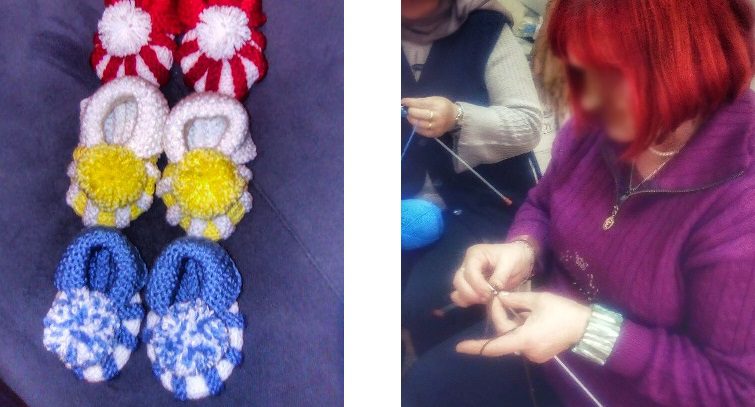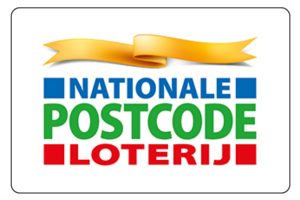December 9, 2017
16 Days of Activism campaign: Bosnia

In 1992, Bosnian Serbs, who launched a military campaign to secure coveted territory and “cleanse” Bosnia of its majority Muslim civilian population, vehemently opposed the declaration of an independent Bosnian nation with a Bosniak majority from Yugoslavia. Over 100,000 civilians (mainly Bosniaks) were killed between 1992 and 1995, and estimates of rape against the Bosniaks amount to anywhere between 20,000 and 60,000 victims.Bosnian Serb forces and Serb paramilitary groups used genocidal rape chiefly as a strategy within their plan for ethnic cleansing of the predominantly Muslim Bosniak group. The conflict was characterized by the existence of so-called “rape camps,” where women were repeatedly tortured and held until they pregnant with Serbian blood, illustrating the ethnic dimension of the rapes.
The International Criminal Tribunal for the former Yugoslavia was one of the first international courts to prosecute sexual violence in conflict. Several judgments found rape to be a crime against humanity and torture and led to a conviction for the use of rape and with sexual slavery.
The 16 Days of Activism campaign 2017:
During the international 16 Days of Activism against Gender-Based Violence Campaign, we are helping spread the message of survivors of sexual violence in conflict zones worldwide. They are members of a growing global movement to fight the use of rape as a weapon of war.
25 November: Statement by Dr Denis Mukwege
27 November: Message from Iraq
28 November: Call for support from Colombia
30 November: A letter to the rapist from Congo
1 December: A video from Bangladesh
3 December: A message of support to Asian comfort women
5 December: A poem from Burundi
7 December: A documentary from Liberia
















